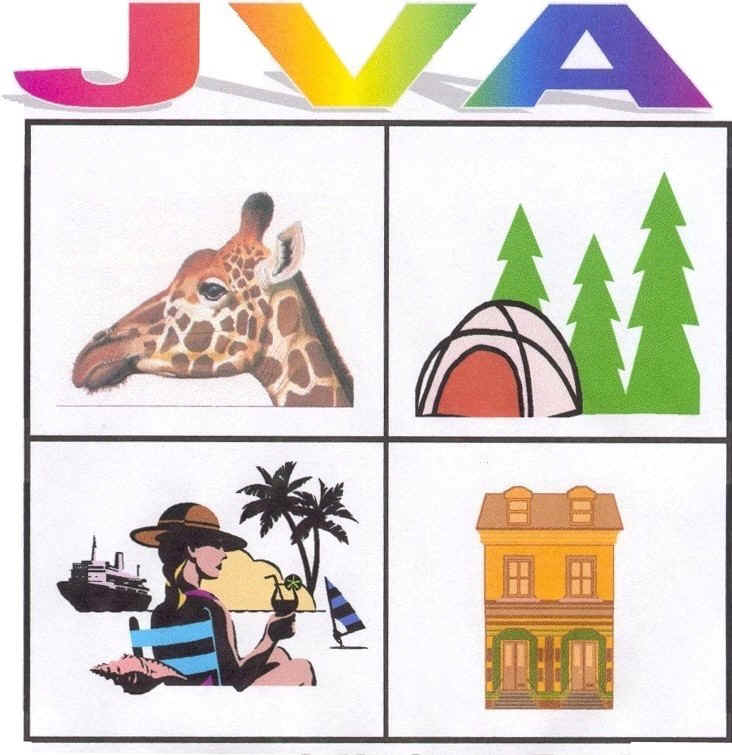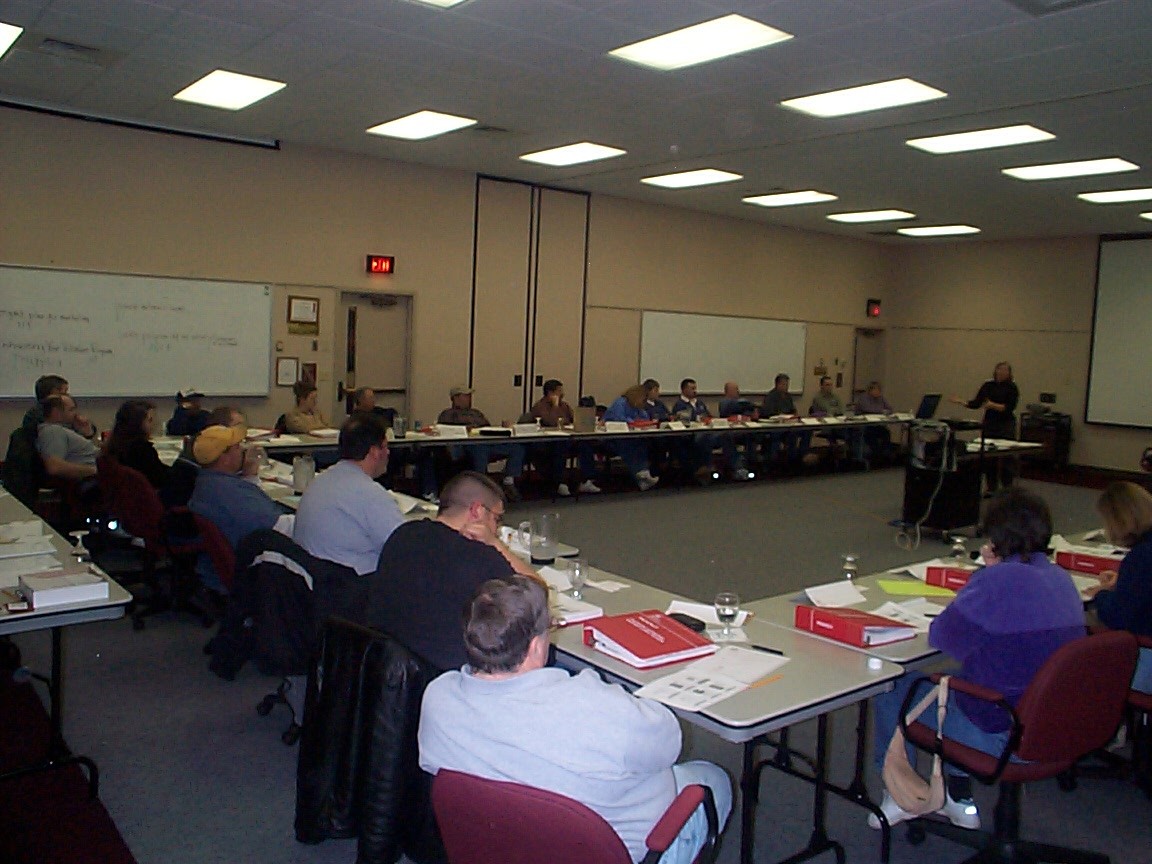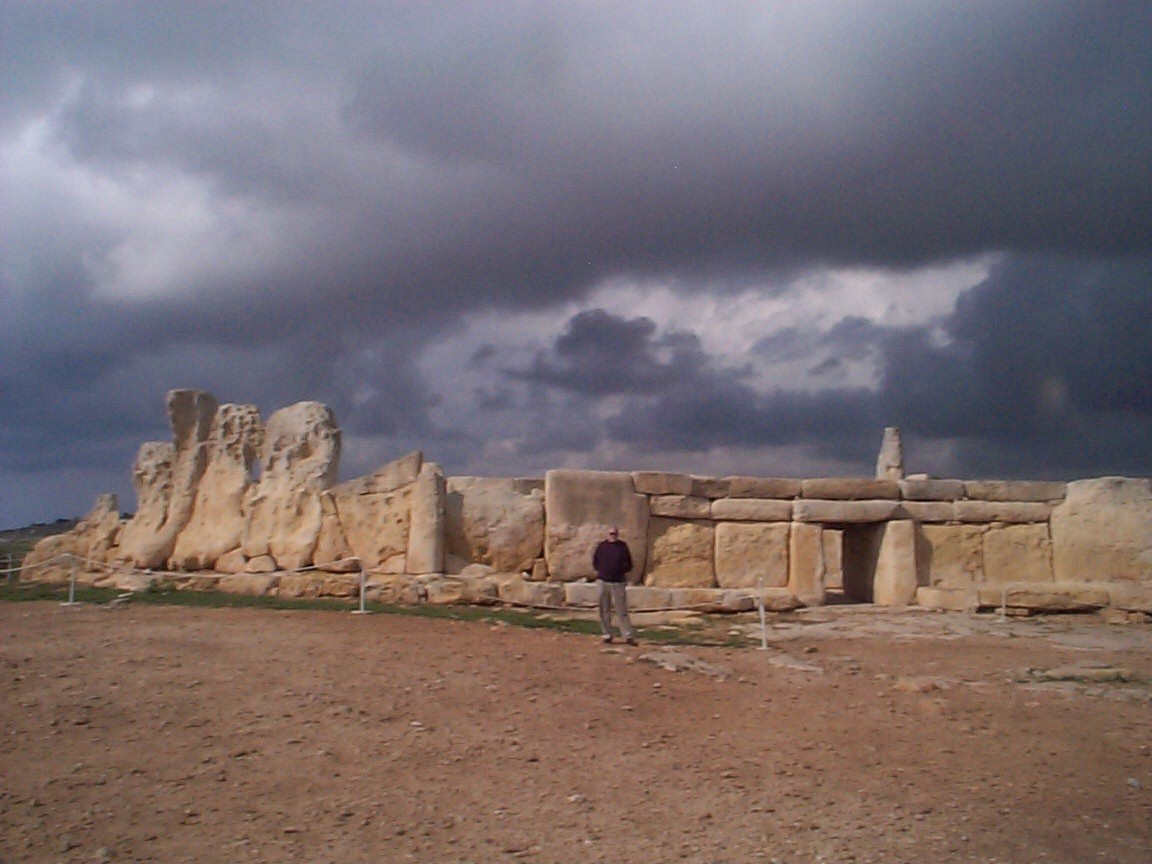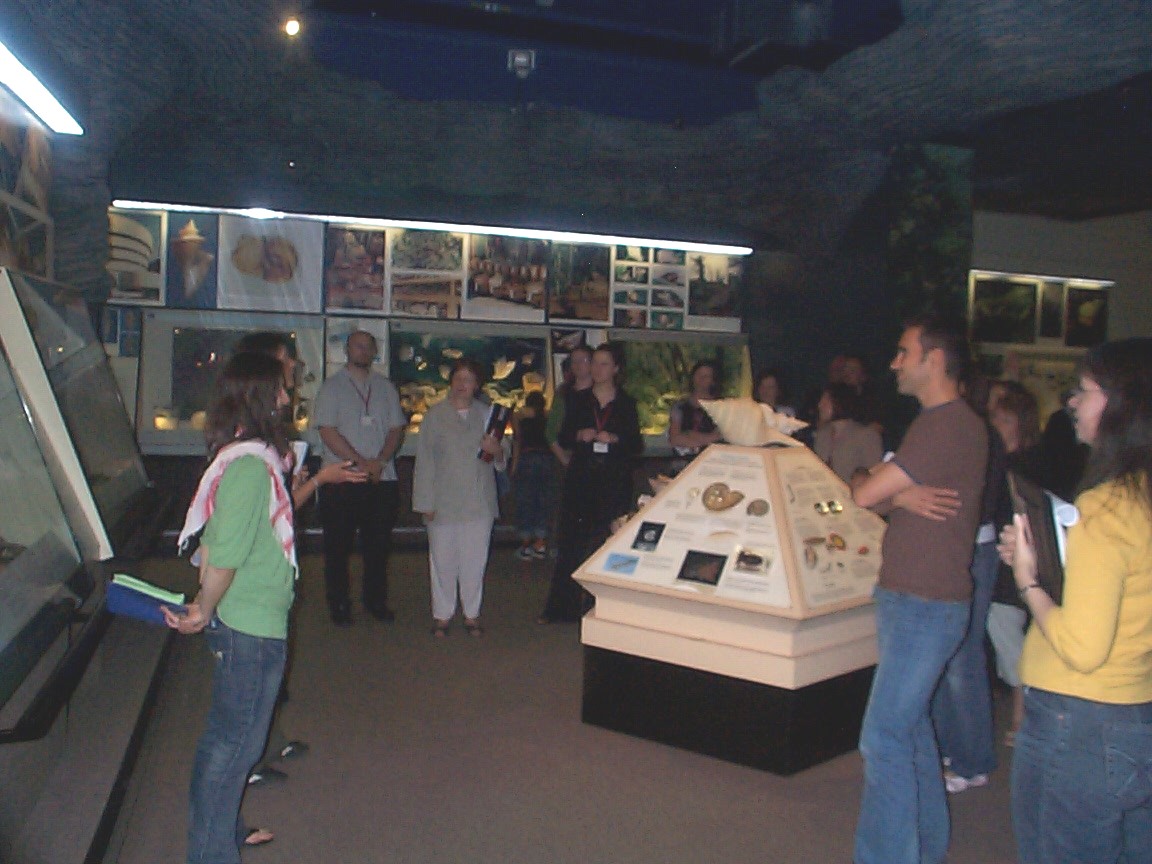Public
Interpretive Writing
Public Interpretive Writing is the kind of writing we do for museum
labels, ourdoor interpretive panels, self-guided booklets, AV scripts and related media
viewed or used by visitors. We have some general rules for this type of writing:
1. Interpretive text or label copy for outdoor interpretive panels should be kept to
about 100 words (or about two 50 word paragraphs), not including any photo captions, etc.
The reason for this is that visitors simple don't like to read a lot of copy, nor
can they remember most of it. Don't beleave me? Then do a pre-test of any of
it with your visitors. This has also been the focus of countless Masters Thesis in
interpretation as well.
2. Label copy for museum labels should be kept to about 50 words, in large point size
(56 or so). While you would like to beleave that everyone who enters your exhibit
area is hanging on every printed word of text, the only ones who really are reading it all
are experts looking for errors!!!
3. Keep it short, and use Tilden's principles (Provoke, Relate, and Reveal).
4. Always pre-test anything you write with your visitors. They are the ONLY
ones who opinions really count.
We have done tons of this kind of interpretive writing. Here are a few examples:

The Allegan County Self-Guiding booklet cover. A sample page is provided below.

This sample is from the Allegan County (Michigan) Self-guiding booklet we developed for
the County a while back. The guide book also now comes with a self-guiding CD set as
well. If this copy is too small for you to read, send me an E-Mail and I will send
the the page to have a look at. jvainterp@aol.com
We've done quite a few other writing productions as well, such as the driving tours
(interpretive writing for the narration, etc.) for the Tallgrass Prairie driving
tour in Pawhuska, OK. This also included arranging for guest speakers on
the CD, editing, and producing the CD.

We also do writing for interpretive panels, and teach interpretive writing
as part of our interpretive training courses for Interpretive Panels, and Interpretive
Exhibit planning and design.

This is an example of one of our DRAFT interpretive panels - this is the first step in
our planning, writing and design process for you to preview the design and of course the
text. From here we would want to pre-test evaluate the panel to see the visitors
response, to see if they understand the vocabulary, etc. and make sure the objectives of
the panel are accomplished befor going to final design and then fabrication. If this
appears to small on your computer, e-mail me and I will send it to you as a jpeg.
Interpretive Writing for Success - that's what we do. If you
would want more samples, etc., feel free to ask. We feel that products speak louder
than words - and our products are really loud!!! We Provoke, Relate and Reveal -
interpretive writing demands it.











